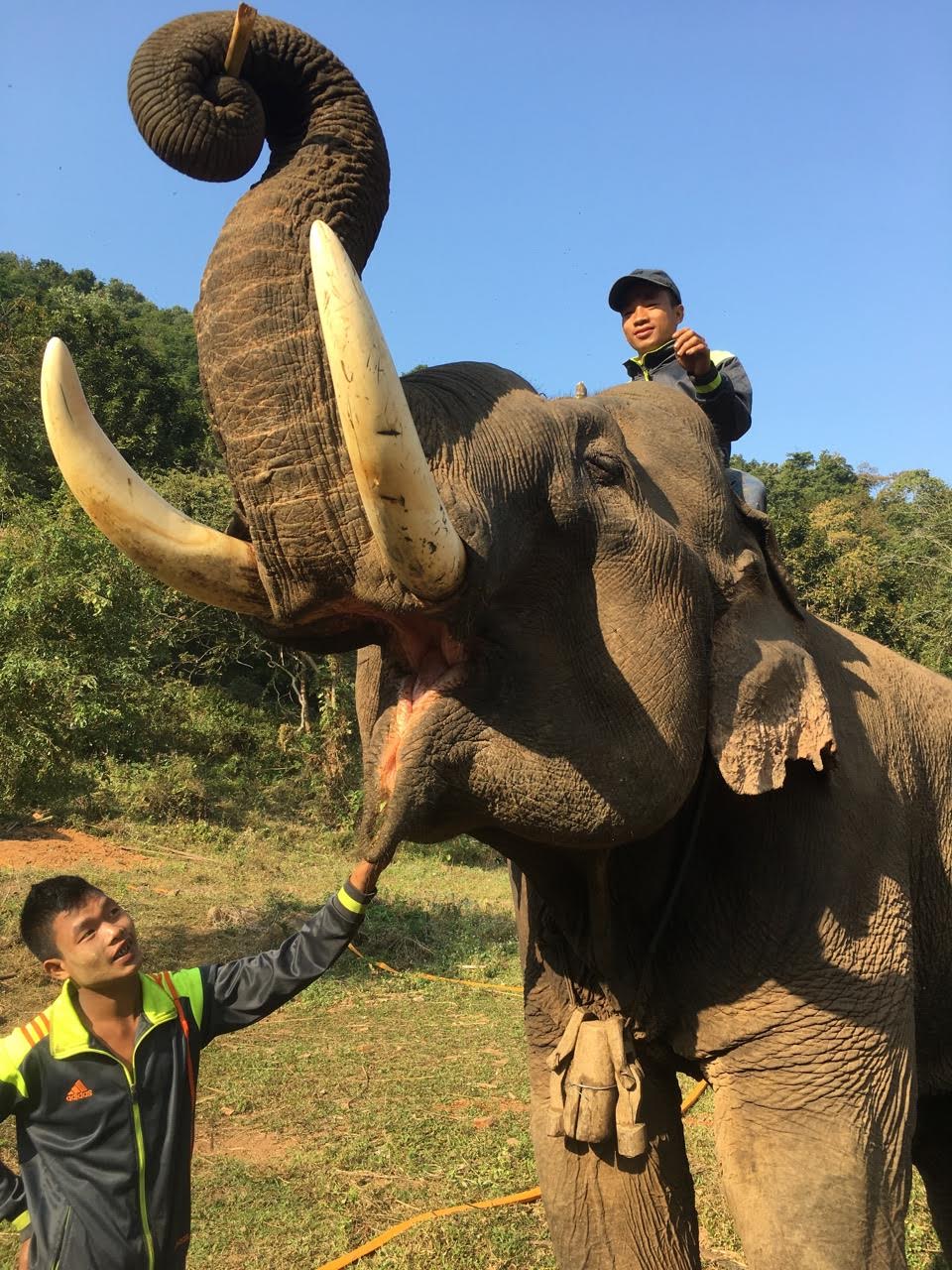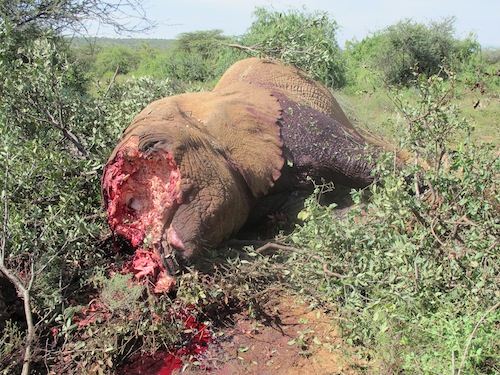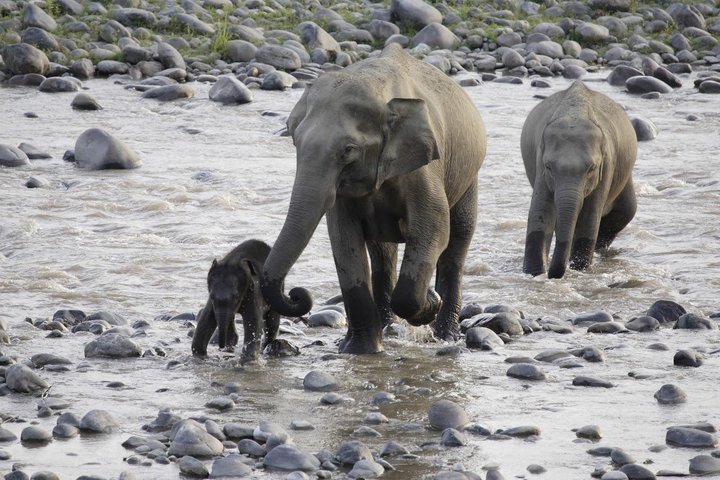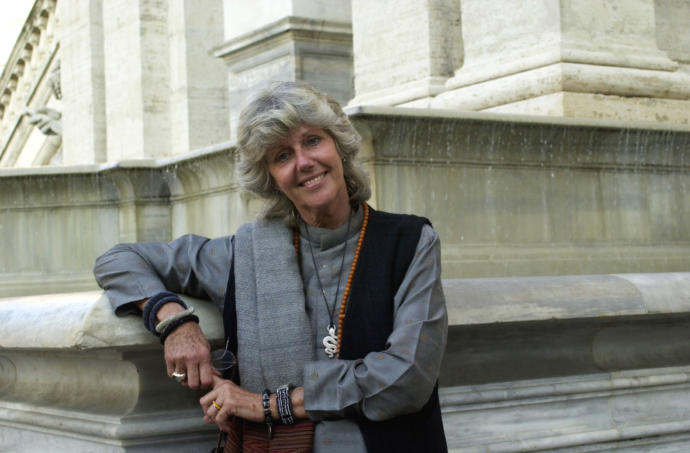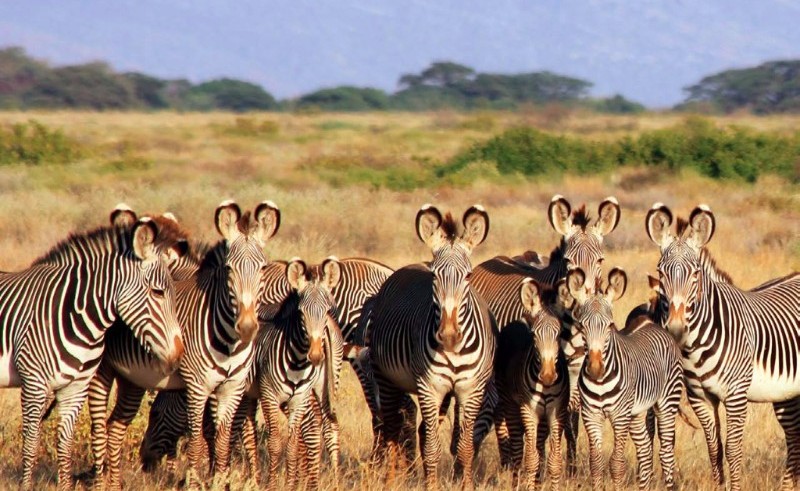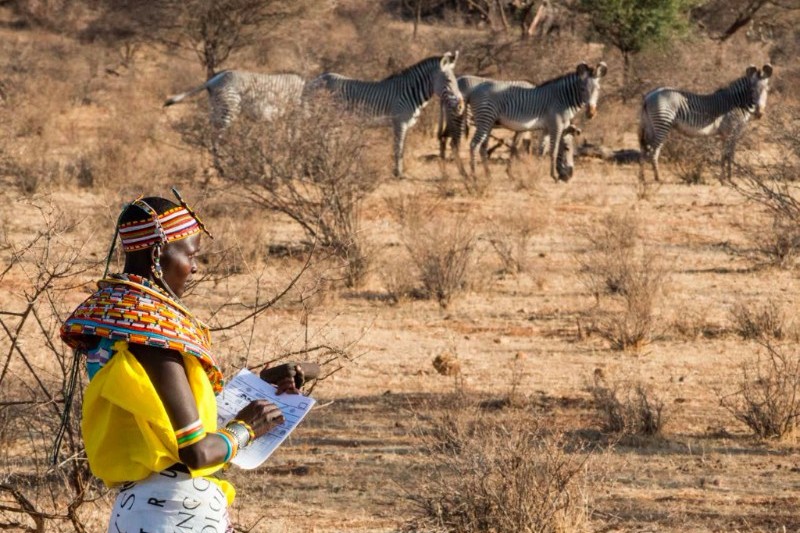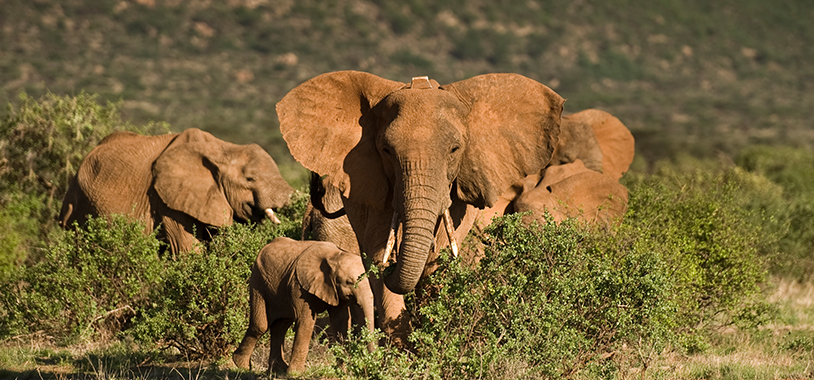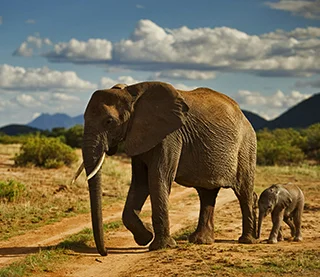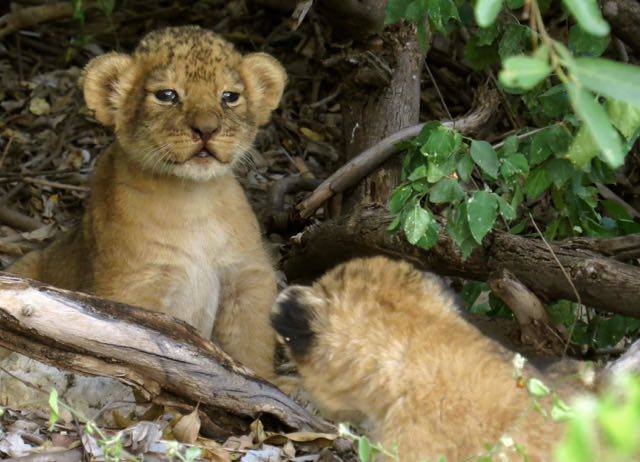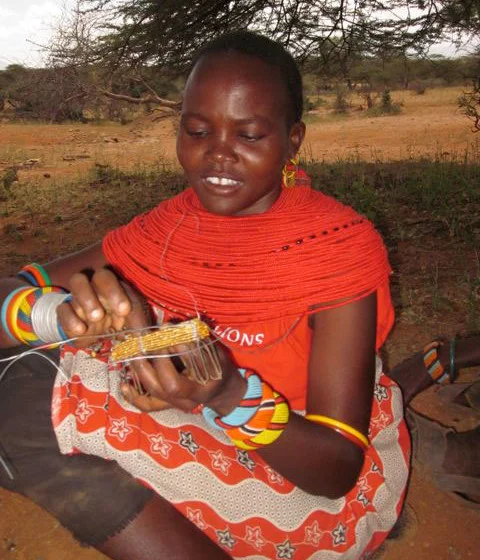Ewaso Lions September 2017 Project Update
Over the last 25 years the African lion population has fallen by half, there are only 25,000 left today.
I want to share with you a few very inspiring episodes in the lives of the Mama Simba whom WWW supports with great enthusiasm.
WWW is proud to be a partner in the Ewaso Lions Bush Bus. It will be used for their Lion Kids Camp program and to engage more kids across Kenya in conservation. It will also expose community members to wildlife safaris.
The mama Simba, Mothers of Lions, have become a true force for conservation. These are our lions and we must protect them. They go from village to village educating and empowering other women to be forces themselves!
Munteli, one of the two coordinators, has gotten her drivers license. Imagine the confidence it takes to do this. She has said, "So many of the ladies have seen she can drive that they now feel that the impossible is now the possible and they can do anything."
The Governor of Samburu was campaigning due to upcoming elections near by and Mparasaroi, the other coordinator, was speaking and told him how important conservation is to them and how a Samburu lady can drive, which he didn't believe and asked to meet Munteli and then asked her to drive him around which she did. Every single person came to shake her hand.
Last February when I had gone to help with a village plastic bag clean up it was decided to start a recycling program. An area was designated and now the bins have been acquired and put in place. This is such an achievement.
These are Naramat's cubs, the result of only the third time in 10 years that a lioness has successfully breed with in the community landscape and the first time cubs have been born in the conservation area. This shows just how important the Mama Simba are in helping to educate people on the importance of protecting their lions! Again the Mama Simba are an inspiration.
None of these projects would be possible without your support!
The BBC recently shared a wonderful article on these amazing women: http://www.bbc.com/earth/story/20160802-these-brave-women-have-found-a-way-to-live-alongside-lions






